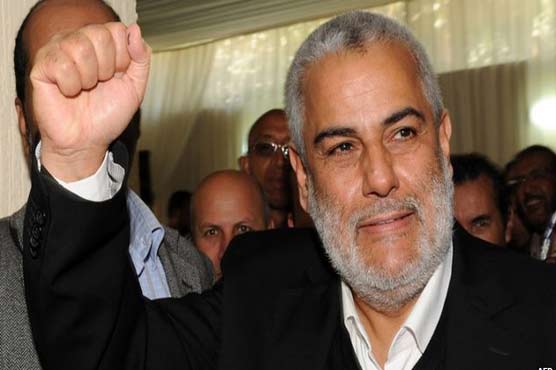Islamist PJD party wins Morocco poll

Moroccos moderate Islamist party won a parliamentary election for the first time.

Moroccos moderate Islamist party won a parliamentary election for the first time.